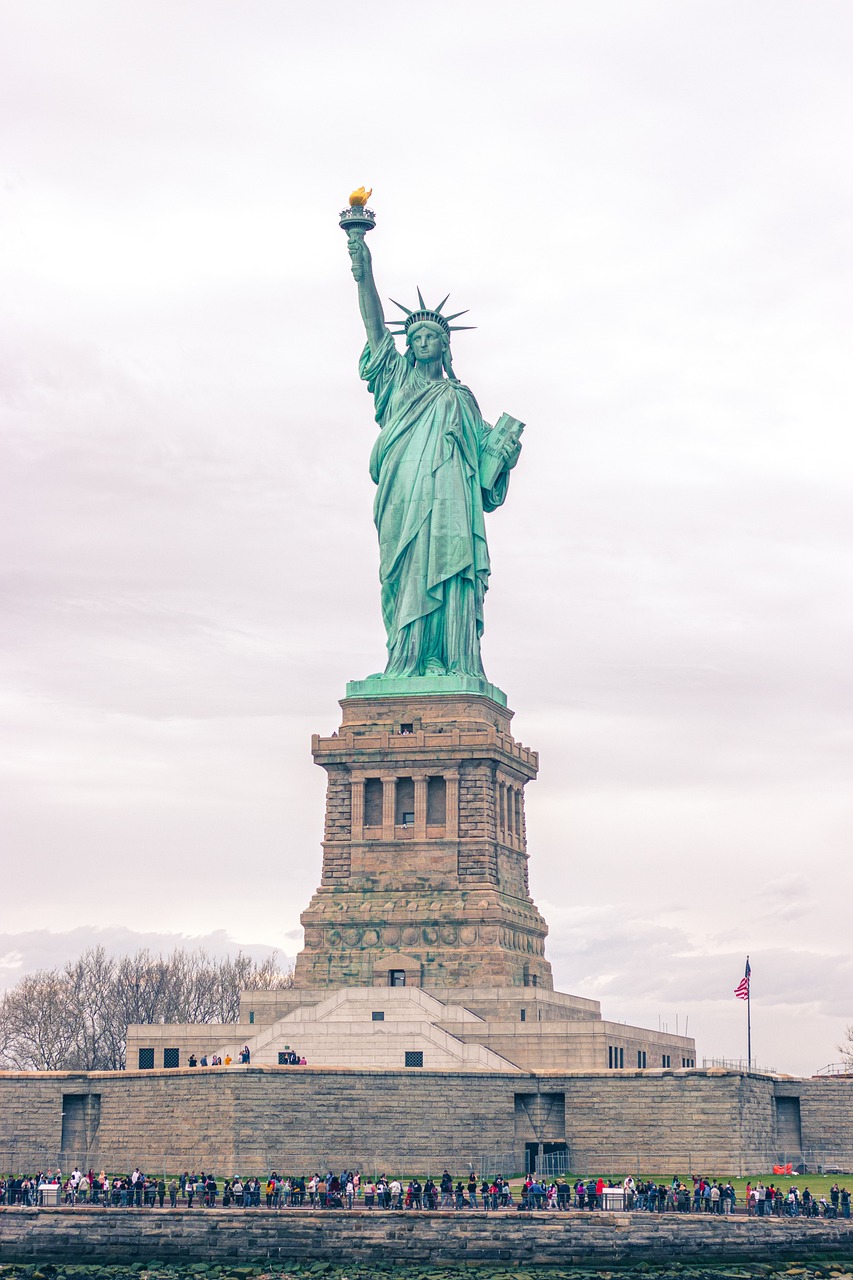Introduction
Throughout American history, various minority groups have significantly shaped the spirits and cigar industries. While Jewish communities have left an indelible mark, other groups have also made noteworthy contributions through entrepreneurship and cultural practices. This paper explores the roles of Italian Americans, African Americans, Hispanic and Latino communities, and Asian Americans in these industries, highlighting their unique influences and the legacies they continue to create.
Italian Americans
Contributions to the Cigar Industry
During the late 19th and early 20th centuries, Italian immigrants established themselves in the U.S. cigar industry, particularly in cities like Tampa and New York. As they arrived on American shores, many sought opportunities in manufacturing and retail. Italian Americans not only filled labor roles but also founded prominent cigar brands. For example, companies like **Garcia y Vega** and **Macanudo** emerged from the entrepreneurial spirit of these immigrant communities, marking a significant presence in the market.
Contributions to the Spirits Industry
In the spirits sector, Italian Americans have made substantial contributions, particularly in wine and Italian spirits. The production and distribution of classics like **grappa** and **limoncello** have become staples, showcasing Italian heritage and craftsmanship. Notable Italian American brands have become synonymous with quality, reflecting the diverse tapestry of American culture.
African Americans
Contributions to the Cigar Industry
Although African Americans often worked in low-wage labor positions in cigar factories, they nevertheless played a crucial role in shaping the industry. After gaining experience, some established their own companies, like **Brown Sugar** and various premium brands catering to niche markets. This entrepreneurial shift represents a significant evolution in an industry that has evolved over generations.
Contributions to the Spirits Industry
In the spirits industry, African Americans have historically faced barriers but have made essential contributions. Figures like **Nehemiah “Nemo” H. Palmer**, a notable distiller in the 19th century, paved the way for later entrepreneurs in this field. Today, African American distillers such as **Dwayne S. Johnson** (Bishop's Blend) and **Troy and Nicky McCoy** (McCoy's Spirits) are gaining recognition for their innovative flavors and unique recipes rooted in cultural narratives, further enriching the spirits landscape.
Hispanic and Latino Communities
Contributions to the Cigar Industry
Hispanic and Latino communities have had a vital role in the cigar industry, especially following the Cuban Revolution in 1959, when many Cuban cigar makers fled to the United States. They established successful brands like **Cohiba** and **Montecristo**, preserving traditional methods while expanding their reach in the American market. Additionally, Honduras and the Dominican Republic have emerged as centers of cigar production, with numerous highly regarded brands originating from these regions.
Contributions to the Spirits Industry
One of the most significant Hispanic influences in the spirits sector is seen through tequila and mezcal production. The rise of brands like **Patrón** and **Don Julio** highlights the enduring impact of Mexican heritage on American consumption patterns. Moreover, the craft cocktail movement has also embraced authentic mezcal, blending traditional production methods with modern trends to create unique tasting experiences.
Asian Americans
Contributions to the Spirits Industry
Asian Americans have also contributed to the spirits industry, particularly in the realm of sake and Asian liquors. Japanese Americans have utilized traditional brewing methods to craft high-quality sake, establishing businesses that celebrate their cultural heritage. Furthermore, flavors from Asia have found their way into cocktail culture, creating a melting pot of culinary experiences that reflect the richness of diversity.
Contributions to the Cigar Industry
While the Asian American influence in the cigar industry may not be as prominent, it is important to acknowledge their role in importing traditional Asian-styled cigars and establishing cigar lounges that cater to a diverse clientele. These contributions have fostered a greater appreciation for global cigar traditions in the American market.
Conclusion
The spirits and cigar industries in America are rich with contributions from various minority groups. While Jewish communities have historically contributed significantly, Italian Americans, African Americans, Hispanic and Latino communities, and Asian Americans have also played crucial roles. Their entrepreneurial spirit, cultural heritage, and innovations have not only shaped these industries but have also enriched American society as a whole. Recognizing and celebrating these diverse contributions allows us to understand the broader scope of American history and the importance of inclusivity in cultural narratives.


